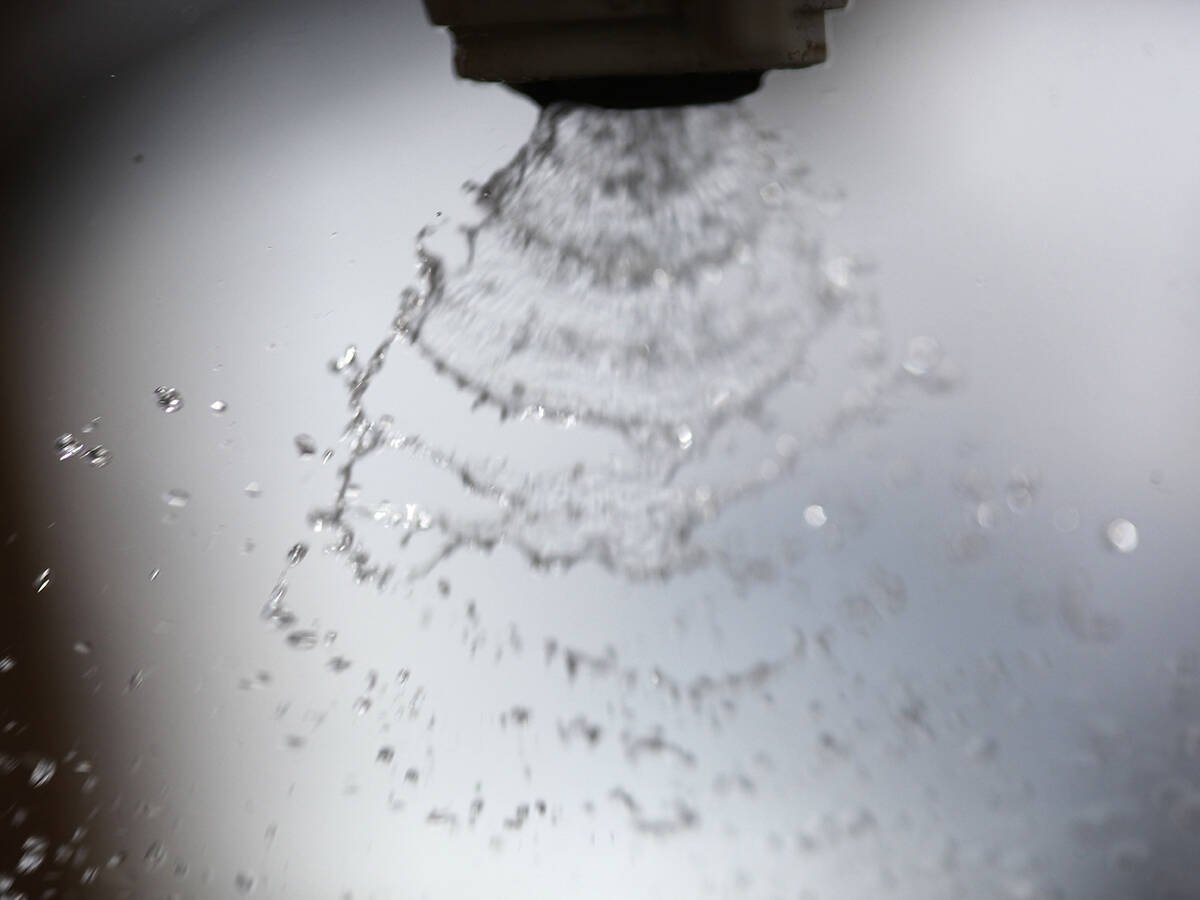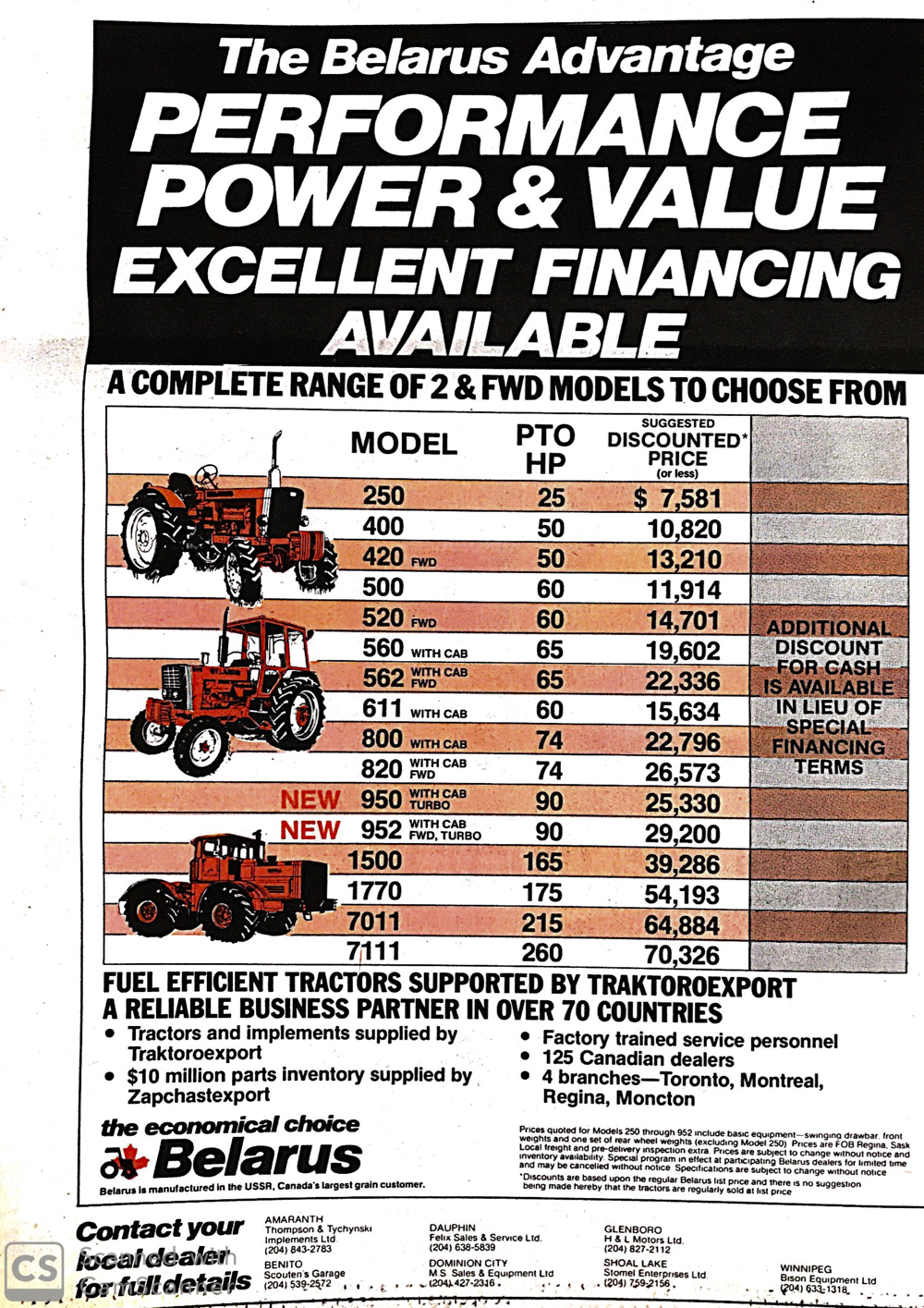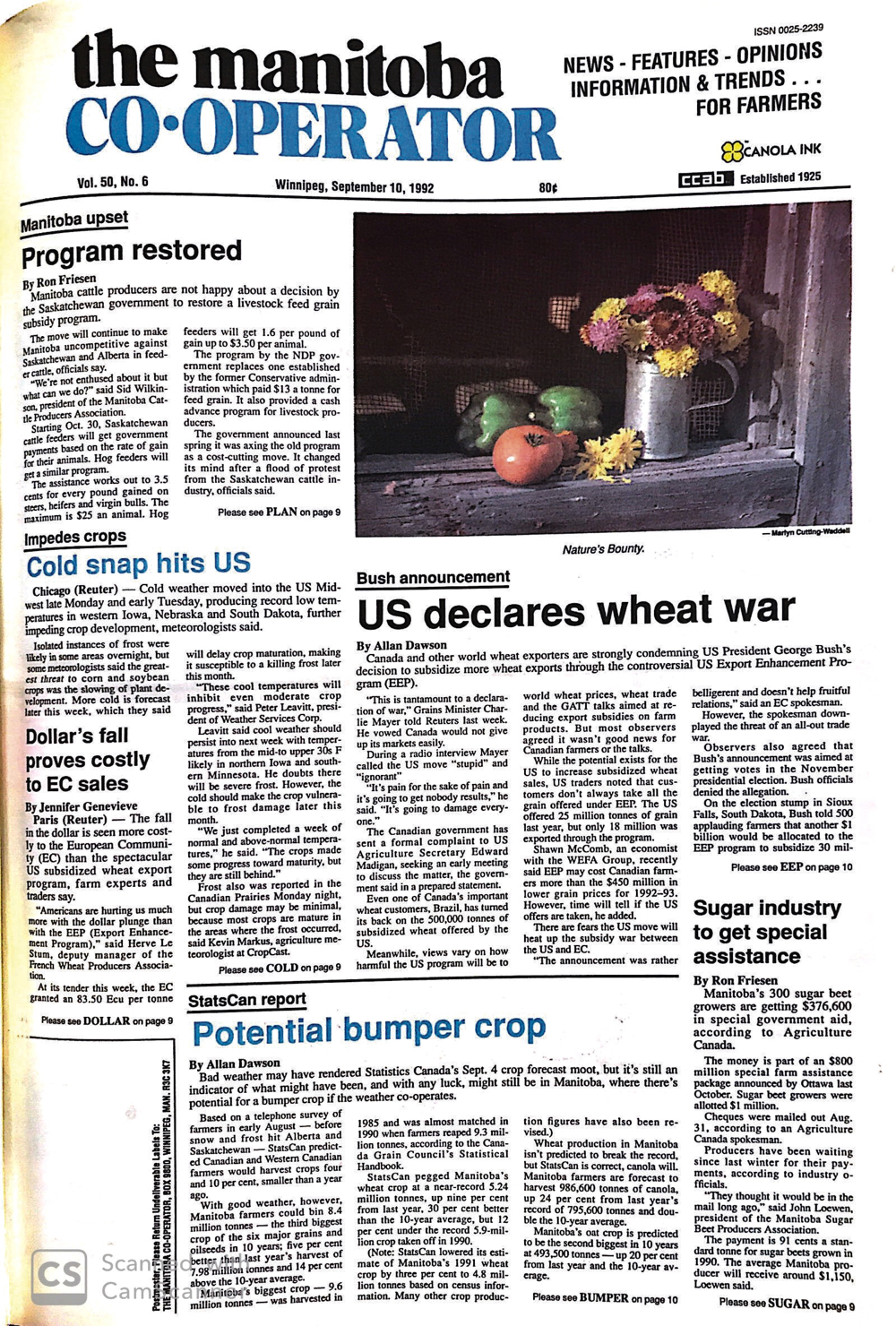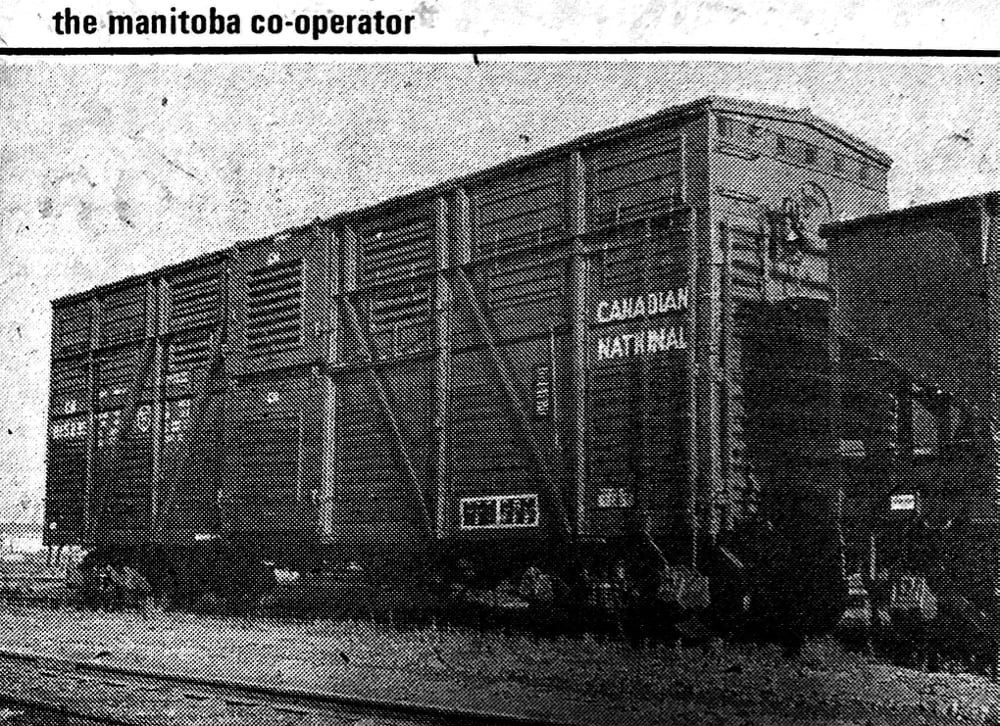A full range of Massey-Harris equipment was featured in this ad in the July 1898 issue of the Nor’-West Farmer.
A writer in the issue said now that “effort is being put forth to develop friendly relations between the two English-speaking nations of the world,” it would be a good time for the U.S. government to do more for Canadian farmers than “all the flag-twinning and speechifying put together.” That was to remove customs regulations on imported Canadian purebred stock. American animals could enter Canada free of duty, but those going south had to be entered into U.S. purebred records first, despite already being registered in Canada. Otherwise, duty had to be paid and returned when proof of registry was shown within six months. The writer said this could not be satisfactory to fair-minded breeders in both countries.
Read Also

Reaction rolls in on Health Canada dicamba restriction proposal
Spray expert says proposed dicamba rule change would ban ‘over the top’ use of the herbicide
“In fact, from conversations with breeders on both sides of the line, the opinion seems to be that this rule of the customs regulations emanated from a small circle of men who have a political pull in Washington and who are interested in certain record books. Many of these records are owned and controlled by a joint stock company, the directors of which are looking out for No. 1 rather than for the good of the stockmen.”
The following article suggested a remedy for flies on cattle. “Take coal tar two parts and coal oil and grease one part each and mix with a small amount of carbolic acid. Apply with a cloth by moistening the hair and the horns of the animal with the liquid. In the application include feet and legs and it will drive every fly away, and one application will last 10 days or more in dry weather.















